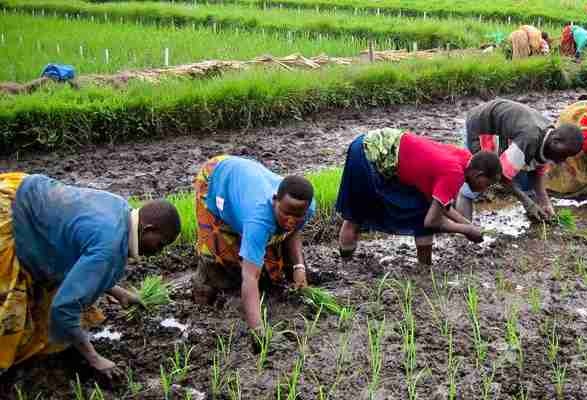ppr-revolution.com – Agriculture is a cornerstone of Benin’s economy, contributing significantly to the country’s GDP and providing employment for a large portion of its population. Despite its importance, the agricultural sector in Benin faces numerous challenges that hinder its growth and sustainability. This article explores the trends and challenges in Benin’s agricultural sector.
Trends in Benin’s Agricultural Sector
- Diversification of Crops: There is a growing trend towards crop diversification in Benin. Farmers are increasingly cultivating a variety of crops, including maize, sorghum, rice, cotton, and vegetables, to reduce risk and improve income stability .
- Adoption of Modern Technologies: The adoption of modern agricultural technologies, such as improved seeds, fertilizers, and irrigation systems, is on the rise. These technologies help increase productivity and efficiency, although their reach is still limited .
- Government Initiatives: The government of Benin has launched several initiatives to support the agricultural sector. These include subsidies for inputs, training programs for farmers, and investments in rural infrastructure .
Challenges in Benin’s Agricultural Sector
- Climate Change: Climate change poses a significant challenge to Benin’s agricultural sector. Unpredictable weather patterns, including droughts and floods, can devastate crops and livestock, leading to food insecurity and economic losses .
- Limited Access to Finance: Many farmers in Benin lack access to financial services, making it difficult for them to invest in their farms. This limitation hampers productivity and growth, perpetuating a cycle of poverty .
- Land Tenure Issues: Land tenure issues are a persistent challenge in Benin. Insecure land rights can discourage investment in land improvements and lead to conflicts over land use, undermining agricultural development .
- Poor Infrastructure: The agricultural sector suffers from poor infrastructure, including inadequate roads, storage facilities, and marketplaces. This infrastructure deficit increases the cost of doing business and reduces the competitiveness of Benin’s agricultural products .
Conclusion
The agricultural sector in Benin is vital for the country’s economic development and food security. While there are positive trends such as crop diversification and the adoption of modern technologies, significant challenges remain, including climate change, limited access to finance, land tenure issues, and poor infrastructure. Addressing these challenges will require concerted efforts from the government, private sector, and international partners to create a supportive environment for agricultural growth and sustainability.
